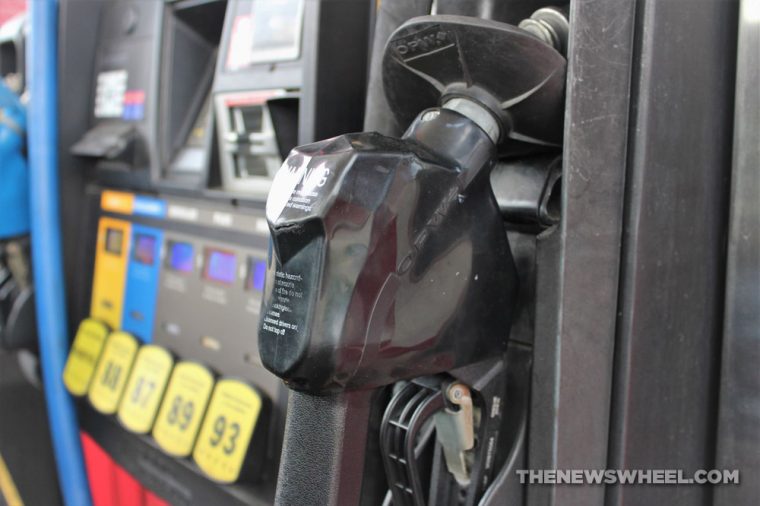Do you feel like you’re stopping at the pump more than usual lately? You aren’t imagining it — there are a number of faulty parts and maintenance issues that could be a drag on your car’s gas mileage. Here’s a look at some common causes.
Keep Up With Your Car’s Maintenance Needs: How to tell if you need new tires
Bad braking
Faulty brakes may not release fully, leading to a variety of problems. For starters, this will make your engine work overtime. In addition to causing more wear and tear, this also slashes your fuel economy. If you find yourself having to be a bit heavy handed with the accelerator, or notice an unusual amount of gray dust on your tires and wheels, brake issues could be to blame for your car’s low gas mileage.
Spark plugs
Old spark plugs won’t allow fuel to combust properly. That means your car will need more gasoline than usual, even if you aren’t driving more. You’ll be losing precious fuel — and causing more pollution — since unburned gas is lost as exhaust. So if you’re experiencing lousy acceleration, a misfiring engine, and underwhelming power alongside low gas mileage, consider swapping the spark plugs.
Oil issues
Using the wrong oil can lower your car’s fuel efficiency. That’s because improper oil won’t lubricate the engine as it should, causing excess friction and an increased demand for fuel. If you’ve recently changed your oil but still have fuel efficiency issues, check to ensure that you used the proper formulation.
Air conditioning
If you keep the air conditioning cranked, it could be the cause of your fuel efficiency woes. Since the AC draws power from the engine, it requires more fuel to maintain both the climate control system and power your vehicle. As an alternative, try rolling down the windows to vent excess heat at the beginning of your drive, and save the air conditioning for when you’re cruising at higher speeds. After all, the drag caused by open windows can also lower your fuel efficiency.
Tire trouble
Worn-out and poorly inflated tires can be a drag on your car’s fuel economy. Use a dedicated gauge to check the tread depth and tire pressure monthly to ensure that everything’s in order. As an added bonus, well-maintained tires provide better traction and a smoother ride.
Check for leaks
A leak in your car’s fuel line could be costing you gasoline. But that’s not the only kind of leak to be aware of — check for vacuum leaks, too. Under normal circumstances, your car’s vacuum draws in the right amount of air needed for combustion. However, if the vacuum malfunctions, your vehicle’s fuel-to-air mixture could be thrown off, compromising both it efficiency and performance.
Install fresh filters
A clogged air filter won’t allow sufficient oxygen into the system for combustion. If it’s been a while since your last air filter change, consider swapping it out. It’s a cheap and easy fix that could help boost your vehicle’s performance and efficiency.
Want tips on how to boost your car’s fuel efficiency? Check out our article here.
Kimiko Kidd is a native Daytonian. She graduated from Wright State University with degrees in environmental science and sociology. She loves her trusty old Honda Civic, but dreams of owning a 1974 Ford Falcon XB with a custom paint job and a vintage Kawasaki Z1000. In her free time, Kimiko can be found watercolor-painting, baking muffins, collecting rocks, playing old-school Nintendo games, writing her novel, sewing stuffed animals, and cosplaying as her favorite Mad Max characters. See more articles by Kimiko.
